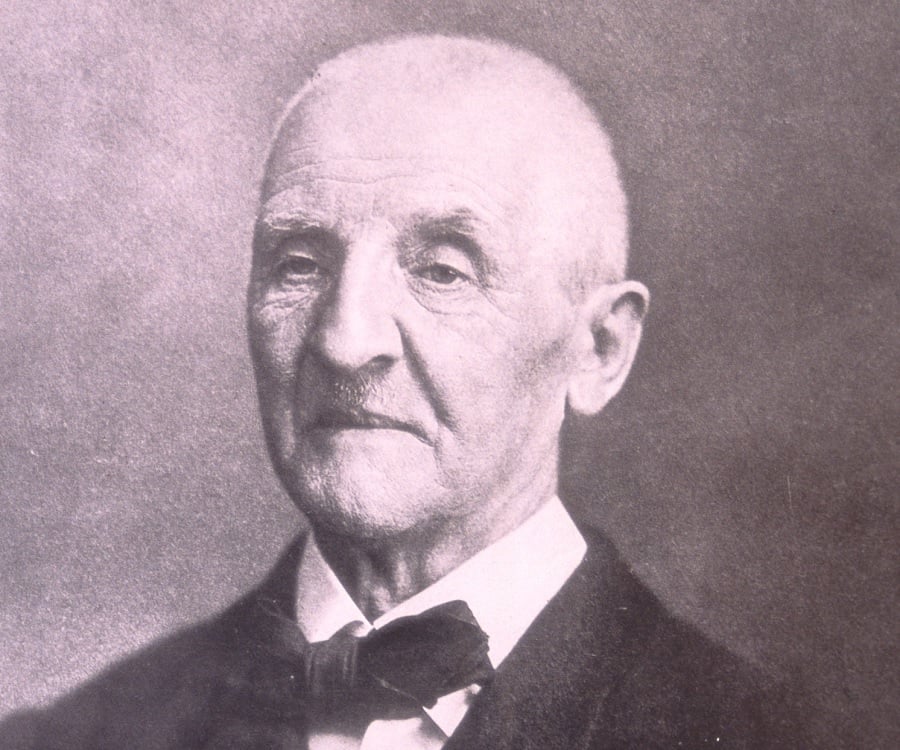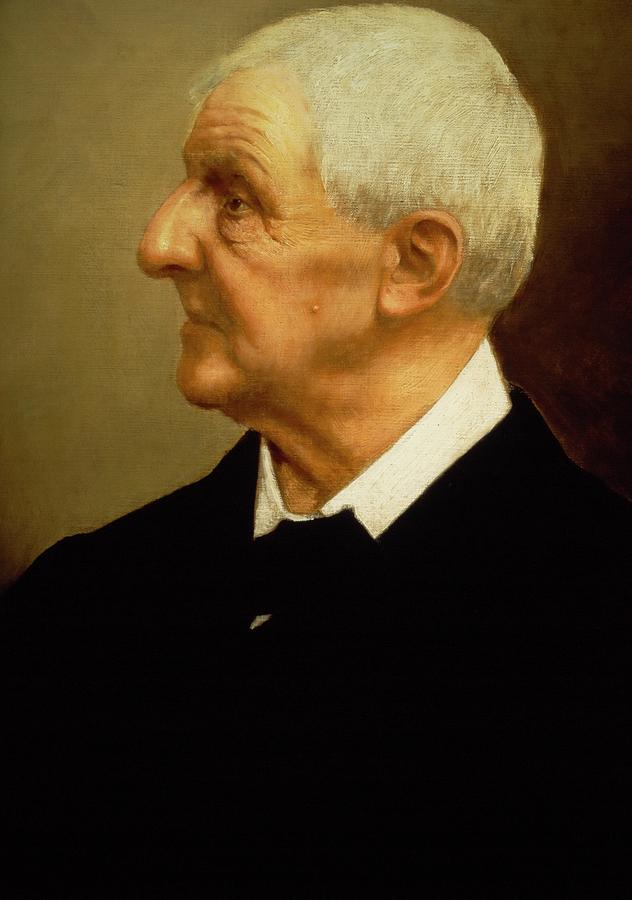

Will they wonder why on earth we made all this fuss about Stravinsky, or how we were not disgusted by the emotionalism of Scriabin…” Listening to this work, I found myself wondering which of our own esteemed composers will be regarded, a generation hence, as we regard Bruckner. (All his learning and ingenuity are lavished on themes that would not do any very great credit to a Gilbert and Sullivan opera.) We see that he has fallen heavily between his Wagnerian and classical stools that he takes noise and climaxes from Wagner and cramping limitations from the classics, and that he makes of the two something that is at once curiously childish and pretentious.

We perceive that his thematic invention was of a vulgar and commonplace character. We who listen with forty years more experience in our ears than they, perceive that the Wagner of the Symphony was a man who wrote for the Wagnerian orchestra pieces of music which he believed to be in the form of Beethoven’s symphonies. Most of them, I venture to believe, must have agreed with me that the poor thing was better dead, must even have budgeted it its allotted hour of re-existence have wished long before the end, to see it safely under the tombstone once again.Īt a time when it was complimentary in the highest possible degree to be compared with Wagner, Bruckner was called “the Wagner of the Symphony.” People listened to his music with all the seriousness and good-will which he himself brought to the making of it. There must have been many who, like myself, went to the London Symphony Orchestra’s concert last Monday for the sole purpose of hearing what Bruckner’s Fourth Symphony would sound like on revival. Coates’ exuberant vitality into a semblance of life. “One of these minor works of art, which forty years ago appeared to possess a considerable significance, was dragged, some few nights ago, out of a reposeful obscurity that should have been eternal, and galvanized by Mr. An example from such critics? consider the following, by Aldous Huxley concerning a performance by Albert Coates of the 4th symphony, but which passage could be levelled at Bruckner generally: This sounds like me, but does it sound like Bruckner?Īttempts at humor aside, I think that many critics of Bruckner consider that Bruckner got out his Wagnerian harmonies and Beethoven Ninth themes and arranged them on his worktable, then busily fussed with them, neither adding nor subtracting to the material’s intrinsic worth, and then abandoned the chaotic shambles in the middle of the concert hall, and went to drink some (probably sacramental) wine, all the while congratulating himself on having undergone the rigors imposed on a symphonist. The husband who is told he better darn well participate in the house work if he wants a clean house, and who responds by ostentatiously dragging the vacuum cleaner into the middle of the living room, abandones it there to brood forlornly over the dust, and then drinks a beer while complaining of how unfairly he is over-taxed with the housework. But the willingness to be bored is at least a gesture of good will.ģ. Nothing was ever accomplished at a meeting. A manager at a company who believes in the efficacy of meetings, and actually schedules and conducts meetings. He might rearrange his materials, however, and thus have reason to think he’s begun work.Ģ. in meticulous array, but somehow never gets around to writing anything. The person who (thinks he) aspires to be a writer, and sets out his pens, paper, erasers, etc.

Here are a couple examples of a certain personality type:ġ.


 0 kommentar(er)
0 kommentar(er)
